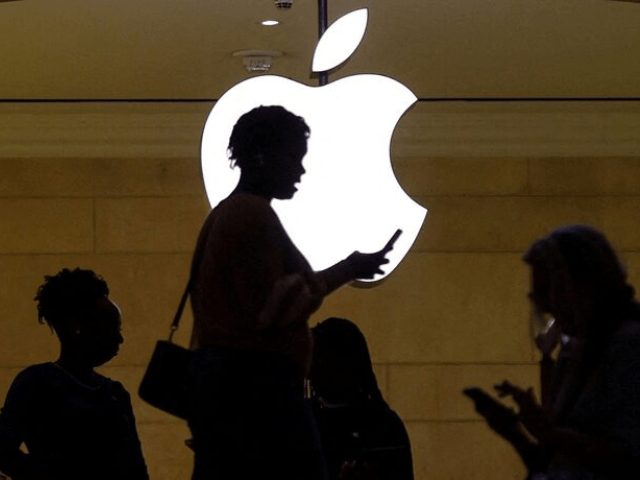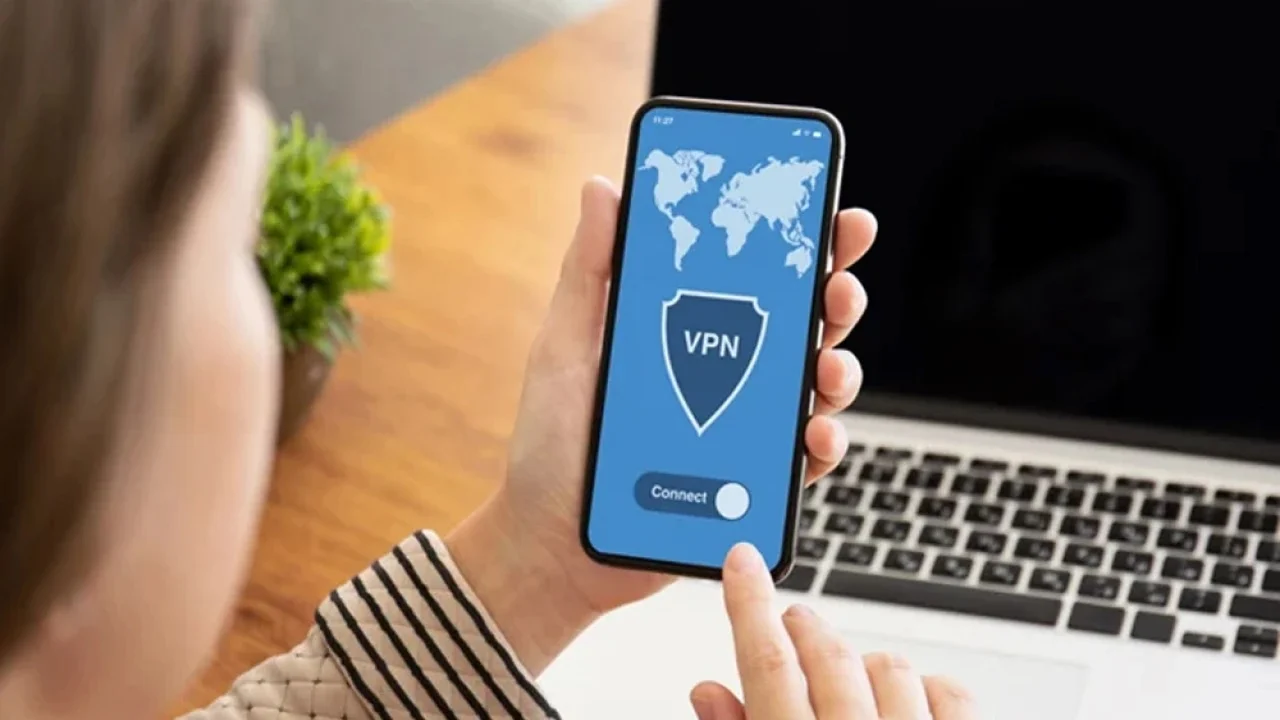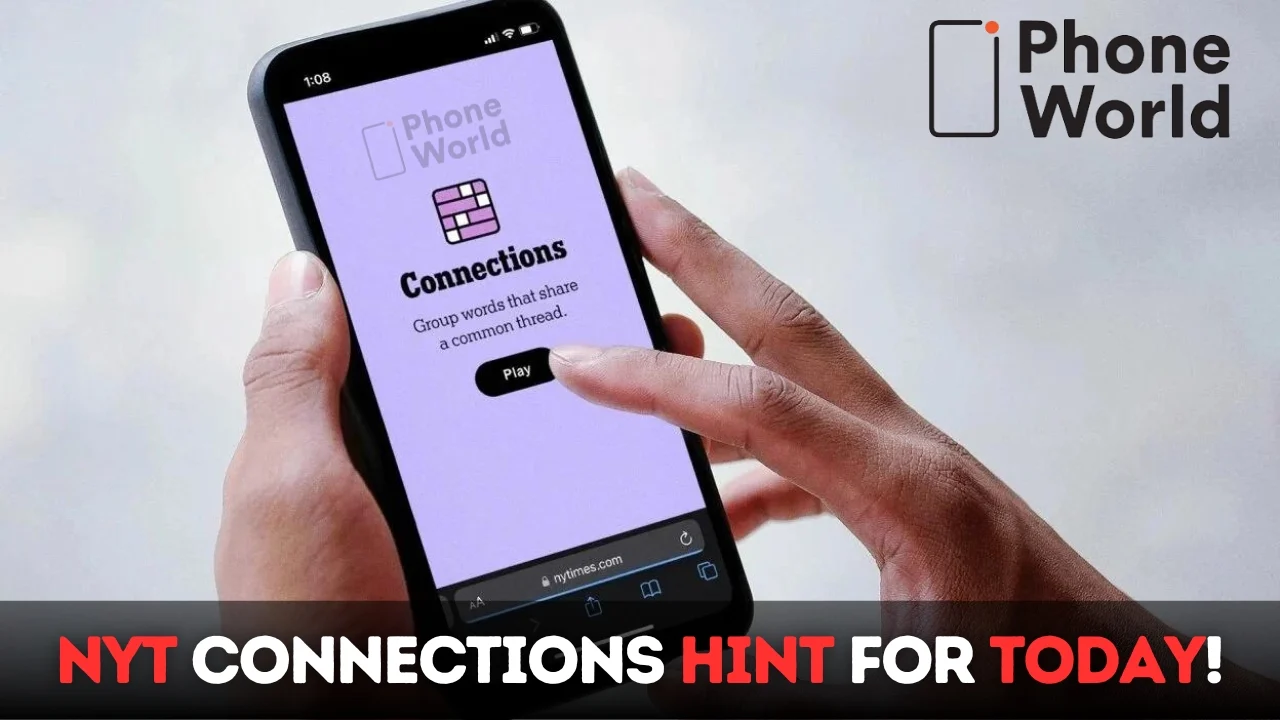Apple’s iOS 18.2 update, releasing next week, will bring significant changes to the messaging landscape, including the removal of the infamous “green bubble” distinction, prioritizing user security and encrypted communication.
Introduction
Apple’s upcoming iOS 18.2 update, set for release next week, is packed with a range of exciting features that promise to enhance the user experience. One of the most talked-about changes is the end of the green bubble divide—an issue that has long been a point of contention among iPhone users. But this update is more than just about aesthetics; it is deeply rooted in Apple’s commitment to bolstering user security by prioritizing encrypted messaging.
In this article, we explore the significance of this change, its cultural and security implications, and what it means for the future of communication on iOS devices.
The Green Bubble Divide: A Cultural Phenomenon
For years, iPhone users have faced the divide between blue and green message bubbles, a distinction that has become a cultural symbol in the U.S. and beyond. The blue bubble represents messages sent through Apple’s secure iMessage service, while the green bubble signifies messages sent via SMS, which lack the end-to-end encryption provided by iMessage.
Though this distinction may seem trivial to some, it has taken on cultural significance, especially in the United States, where iMessage dominates the messaging landscape. The difference has led to informal social divisions, with blue bubbles often being associated with iPhone users and green bubbles with Android users. But beyond the social implications, the green bubble has highlighted a deeper issue: security.
The Impact of Blue vs. Green Bubbles
The green bubble issue has often been seen as more of a social phenomenon than a technical concern. However, as SMS messaging is inherently insecure, lacking the robust encryption of iMessage or third-party messaging platforms like WhatsApp, it raised alarms within both the tech community and security agencies.
In the U.S., where iMessage has a dominant user base, the divide between iPhone and Android users became particularly visible. But as SMS messages are inherently vulnerable to interception and hacking, this seemingly harmless cultural distinction has now evolved into a security issue, one that Apple aims to address in the iOS 18.2 update.
Why the Green Bubble Matters: A Look at SMS Security Concerns
While the green bubble has long been a symbol of platform preference, it is more than just a casual cultural identifier. SMS (Short Message Service) has long been considered less secure than alternatives like iMessage and WhatsApp due to its lack of end-to-end encryption. Messages sent via SMS are vulnerable to interception, leaving them open to potential hacking, surveillance, or data breaches.
The Vulnerabilities of SMS: A Growing Concern
Recent reports have drawn attention to the vulnerabilities of SMS communication. In particular, security groups, including those linked to China’s Ministry of State Security (MSS), have infiltrated U.S. telecommunications networks, compromising the security of SMS messaging systems. The FBI has even issued warnings about the risks posed by unencrypted communication, highlighting the need for more secure messaging methods.
With these threats in mind, Apple’s decision to eliminate the green bubble distinction is not just about addressing cultural divides—it’s about prioritizing user security. By moving to encrypted messaging by default, Apple aims to create a more secure ecosystem for communication on iPhones, irrespective of the device used by the recipient.
iOS 18.2: A Major Update for Encryption and Security
One of the key features of the upcoming iOS 18.2 update is its focus on improving security, particularly in the realm of messaging. The update will bring a significant change to how messages are sent and received on iPhones, eliminating the green bubble divide that has existed for so long.
The End of the Green Bubble: A Step Toward Secure Communication
By removing the distinction between blue and green bubbles, iOS 18.2 will prioritize encrypted messaging for all users, regardless of the platform they use. This means that users will no longer have to worry about the security implications of SMS messaging, as all communications will be encrypted by default.
This change is a direct response to growing concerns about the vulnerability of SMS messaging. With iOS 18.2, Apple is not only improving the security of messages sent between iPhone users but also ensuring that communication with Android users and other platforms remains encrypted.
How Encryption Will Improve the User Experience
Encryption has become a critical component of digital communication. As cyber threats continue to evolve, protecting user data has never been more important. iOS 18.2 will integrate enhanced encryption across all messaging platforms, ensuring that user conversations remain private and secure.
For iPhone users, this means that messages sent via iMessage will continue to benefit from the platform’s end-to-end encryption, while messages sent to and from Android devices will also be encrypted by default. Apple’s commitment to user privacy is evident in this update, as it aims to make secure messaging the standard for all users, regardless of their device.
WhatsApp and the Battle for Secure Messaging
Apple’s move to end the green bubble divide may also have implications for other messaging platforms, particularly WhatsApp. Despite WhatsApp’s popularity worldwide, it has struggled to gain a foothold in the U.S., where iMessage remains the dominant messaging platform. WhatsApp, however, has been working to carve out a larger share of the market, recently celebrating reaching 100 million users in the U.S.
WhatsApp’s Role in Secure Messaging
WhatsApp offers end-to-end encryption by default, a feature that has made it a popular choice for users looking for secure messaging options. With the removal of the green bubble distinction in iOS 18.2, Apple is positioning iMessage as the more secure option for encrypted communication, but it remains to be seen how this will impact WhatsApp’s user base in the U.S.
While WhatsApp’s rise in the U.S. has been slow, the iOS 18.2 update could spark renewed interest in encrypted messaging platforms. As users become more aware of the risks associated with unsecured SMS messaging, they may turn to platforms like WhatsApp and iMessage, both of which offer the security features many users are looking for.
The Future of Secure Messaging in iOS
The iOS 18.2 update marks an important milestone in Apple’s ongoing efforts to improve user security and privacy. By eliminating the green bubble divide and prioritizing encrypted messaging, Apple is taking a bold step toward ensuring that all messages are sent with the highest level of security.
Looking Ahead: The Growing Importance of Encryption
In the coming years, encryption will continue to play a critical role in securing digital communications. As cyber threats evolve, tech companies like Apple will need to stay ahead of the curve, ensuring that their platforms remain safe and secure for all users.
With iOS 18.2, Apple is setting the stage for a future where secure messaging is the norm, not the exception. The end of the green bubble divide is just the beginning of a broader shift toward more secure and private communication on mobile devices.
FAQs
1. What is the green bubble divide in iOS messaging?
The green bubble divide refers to the distinction between messages sent via Apple’s secure iMessage service (blue bubbles) and those sent via SMS (green bubbles), with the latter being less secure due to a lack of encryption.
2. Why is Apple ending the green bubble divide?
Apple is eliminating the green bubble distinction to prioritize user security by making all messages encrypted by default, improving the overall security of communication on iPhones.
3. Will messages between iPhone and Android users be encrypted in iOS 18.2?
Yes, with iOS 18.2, messages between iPhone and Android users will be encrypted by default, eliminating the security concerns associated with SMS messaging.
4. How does iMessage encryption differ from SMS?
iMessage uses end-to-end encryption, which means that only the sender and recipient can read the message. In contrast, SMS lacks encryption, making it vulnerable to interception.
5. Will iOS 18.2 impact WhatsApp’s popularity in the U.S.?
While iMessage’s focus on encryption may increase its dominance, WhatsApp, which also offers end-to-end encryption, will continue to be a viable option for users looking for secure messaging, especially in regions outside the U.S.
Conclusion
The iOS 18.2 update marks a new era for iPhone users, with Apple taking a significant step in prioritizing user security through encrypted messaging. By ending the green bubble divide, Apple is ensuring that all communication, whether between iPhone or Android users, remains secure and private. As digital communication continues to evolve, Apple’s commitment to encryption will play a pivotal role in shaping the future of secure messaging on mobile devices.
SEE ALSO:



